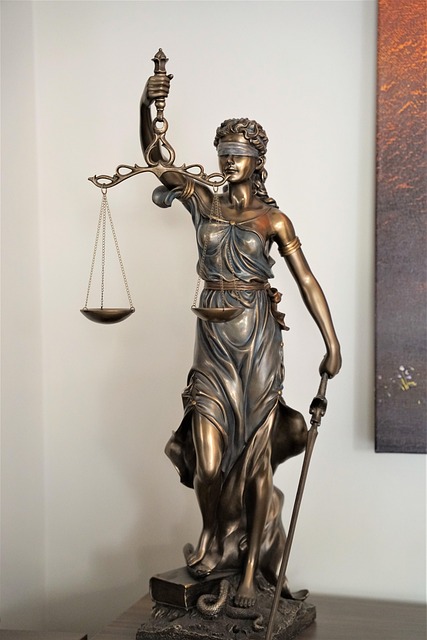High-performance computers and legal-specific monitors are essential for efficient case management in a law office. Prioritize sharp Full HD or higher resolution displays with anti-glare technology for reduced eye strain. Balance functionality and cost by considering mid-range or entry-level equipment for reliable performance at lower prices. Used or refurbished law office equipment from reputable vendors can save costs without compromising quality.
In the digital age, selecting the right computers and monitors is essential for efficient legal practice. This guide helps navigate the process, focusing on key considerations such as evaluating computer specifications for specialized software, choosing monitors with optimal resolution and display quality, and identifying cost-effective yet robust law office equipment. By understanding these elements, attorneys can make informed decisions to enhance productivity and streamline workflows.
- Evaluating Computer Specifications for Legal Software
- Selecting Monitors: Resolution and Display Quality
- Choosing Law Office Equipment: Cost-Effective Solutions
Evaluating Computer Specifications for Legal Software
When setting up a law office, selecting the appropriate computer and monitor is crucial for efficient legal software performance. The hardware should align with the specific demands of legal practice, including robust processing power to handle complex case management systems and large document sizes. Ideally, opt for computers equipped with high-end processors, ample RAM (at least 16 GB), and quick solid-state drives (SSDs) to ensure smooth operation and fast data retrieval.
Moreover, consider monitors designed for legal professionals, offering features like adjustable stands for ergonomic comfort during extended work sessions. Look for displays with high resolutions (e.g., Full HD or higher) and wide viewing angles to minimize strain when reviewing documents and evidence. Additionally, some monitors include built-in anti-glare technology, which can be beneficial in reducing eye fatigue, a common issue among legal professionals due to long hours spent on intricate work.
Selecting Monitors: Resolution and Display Quality
When selecting monitors for a law office, prioritizing display quality is paramount. Look for screens with high resolution, such as Full HD (1920 x 1080) or higher, to ensure sharp and detailed images. This is especially important for tasks like reviewing documents, conducting video conferences, and analyzing evidence where clarity is crucial.
Opt for monitors with accurate color representation and good contrast ratios. Calibrated displays can help maintain consistent colors across different tasks, ensuring that documents look the same when printed as they do on-screen. This attention to detail in visual accuracy will enhance your law office equipment’s overall functionality and contribute to more precise work.
Choosing Law Office Equipment: Cost-Effective Solutions
When equipping a law office, it’s essential to balance functionality with cost-effectiveness. While high-end technology can offer advanced features, it may not always be necessary for legal practices. Opting for mid-range or entry-level options can provide reliable performance without breaking the bank. Many modern computers and monitors offer sufficient power and clarity for routine tasks such as document review, case research, and email communication.
Furthermore, considering used or refurbished law office equipment is a strategic way to reduce expenses. These items are often in excellent condition and come with significant cost savings compared to brand new models. Reputable vendors specialize in refurbishing electronics, ensuring they meet quality standards. Investing in pre-owned equipment allows law firms to allocate resources for other critical areas of the practice while still maintaining reliable technology infrastructure.
When equipping your legal practice, prioritizing the right computer and monitor combinations is key. By evaluating hardware specifications tailored to legal software requirements and selecting monitors that offer sharp resolution and exceptional display quality, you ensure efficient case management and accurate document review. Additionally, considering cost-effective yet durable law office equipment can significantly impact long-term savings without compromising performance. With these factors in mind, you’ll be well on your way to creating a robust and efficient legal practice workspace.
